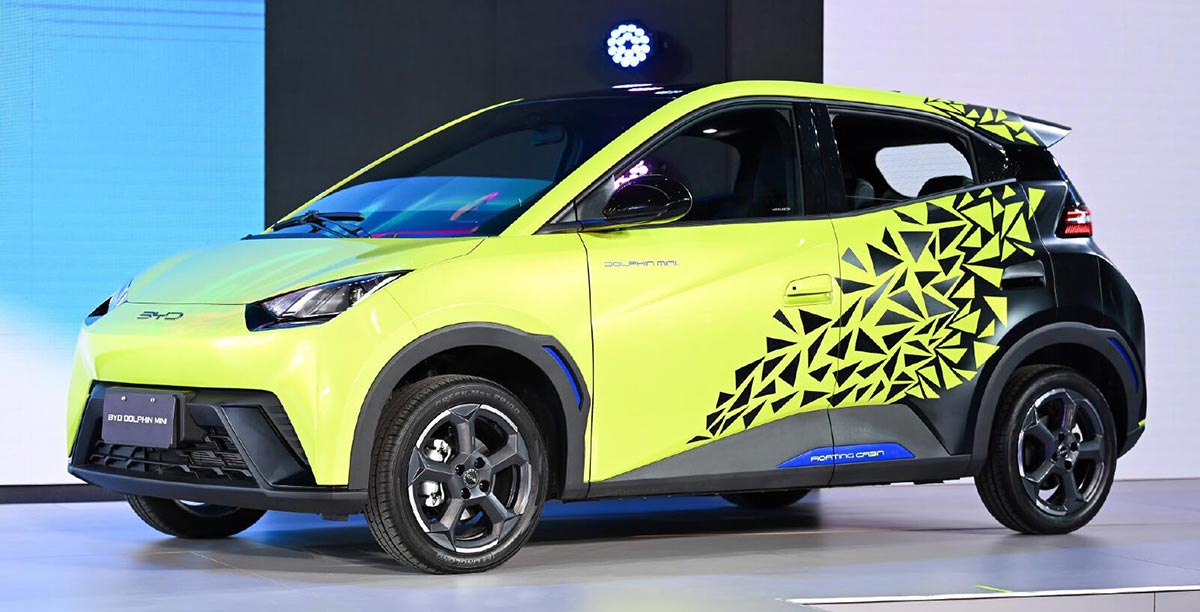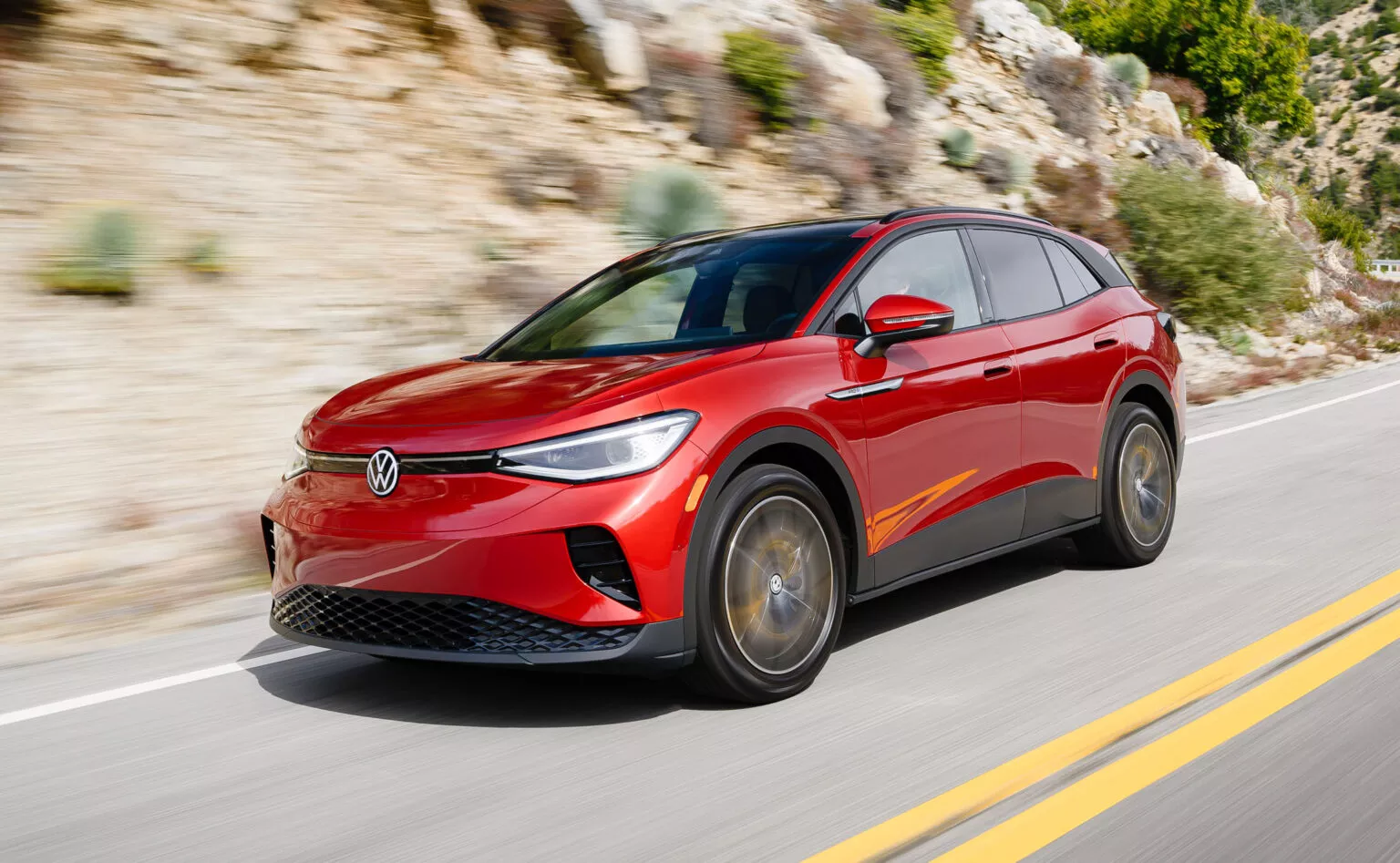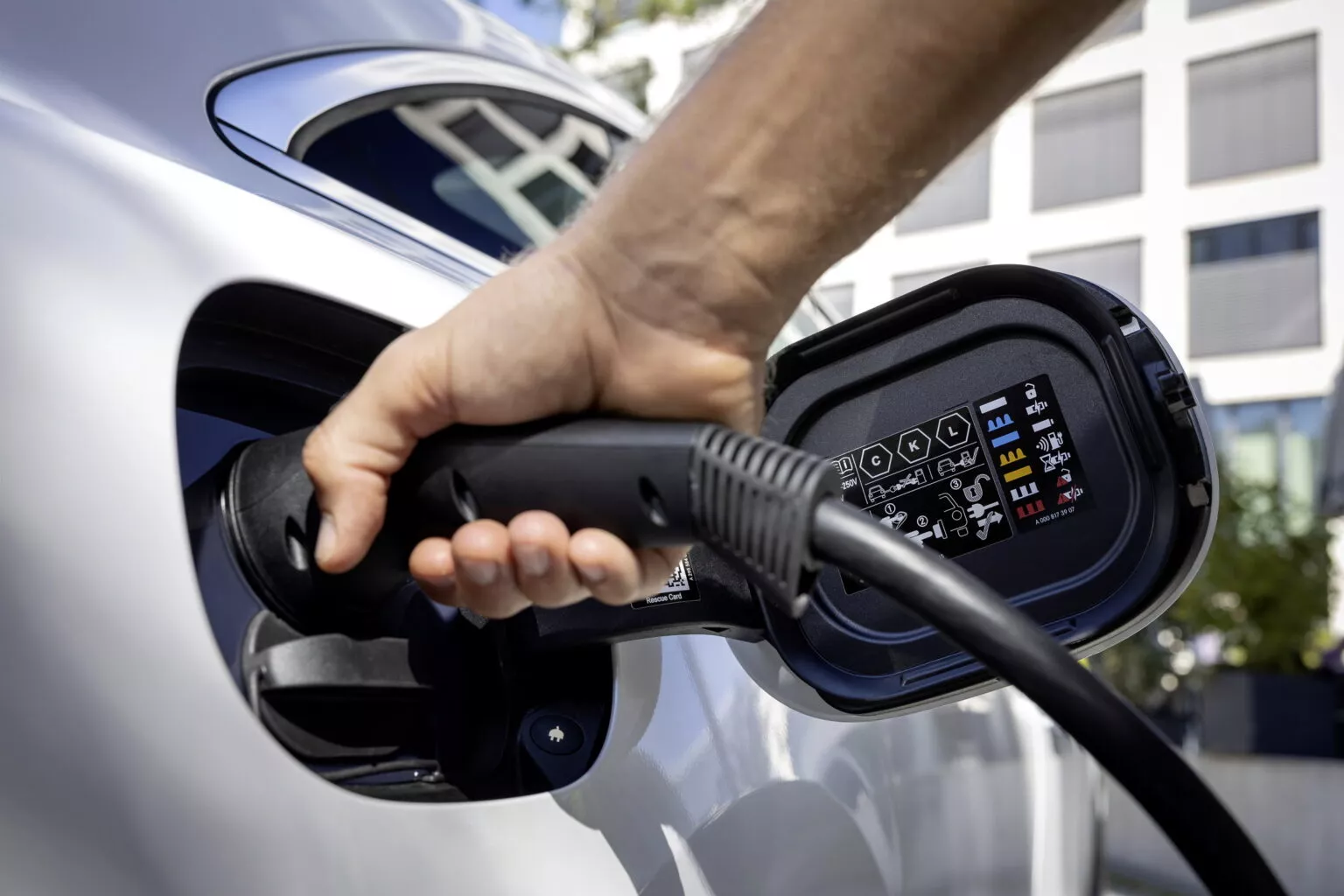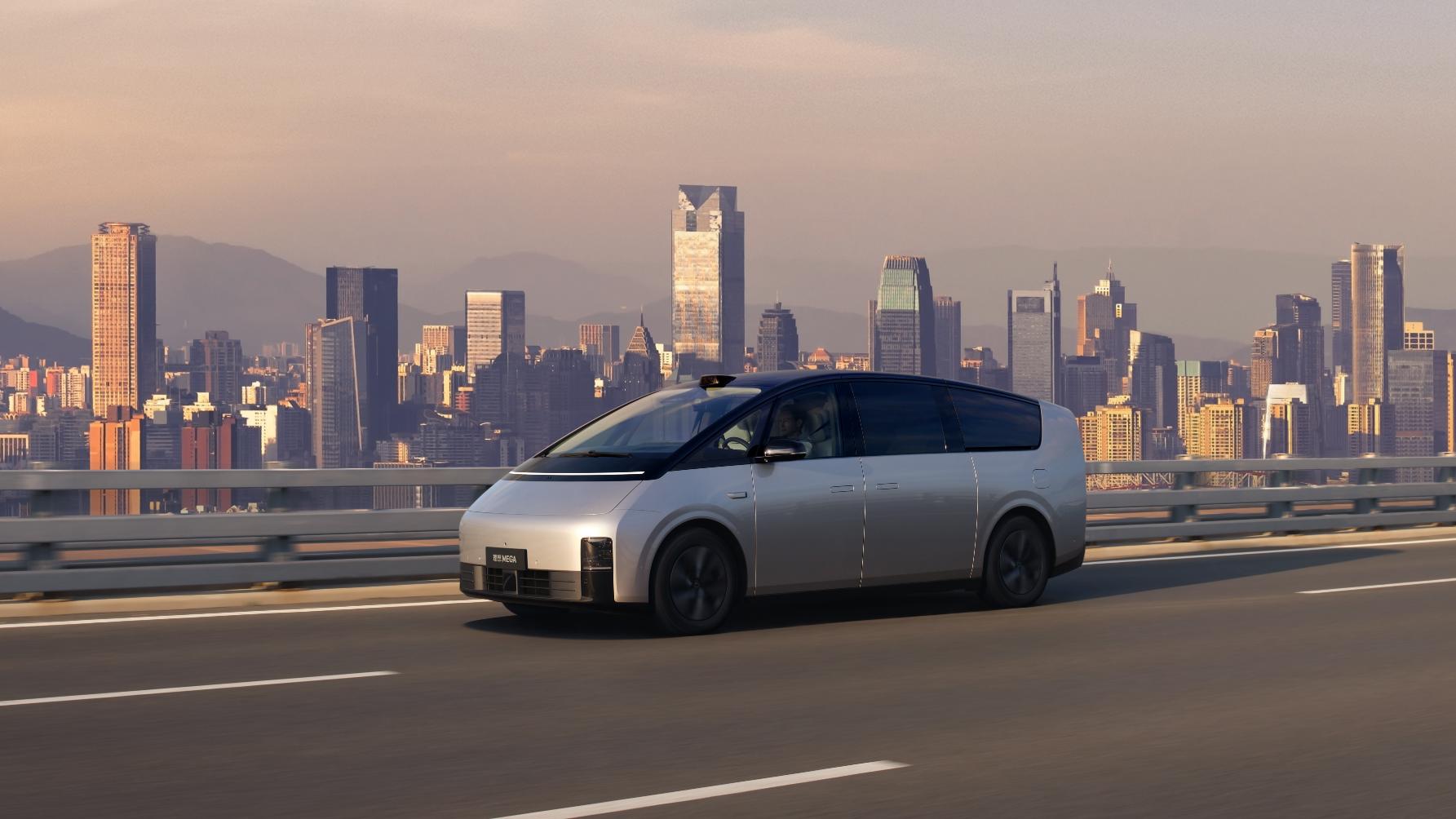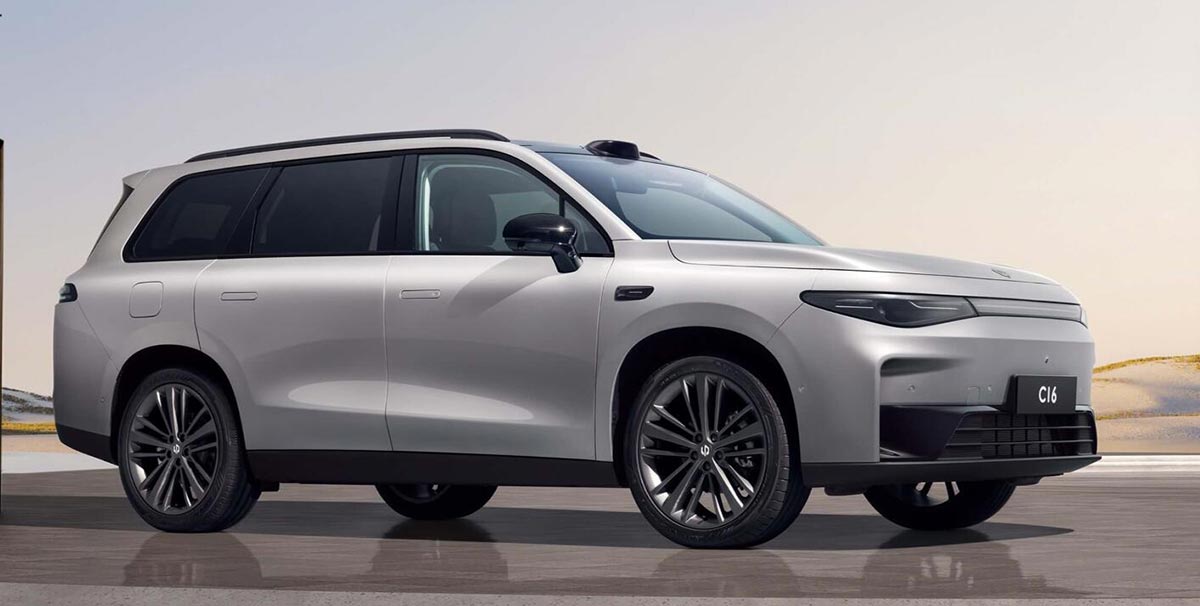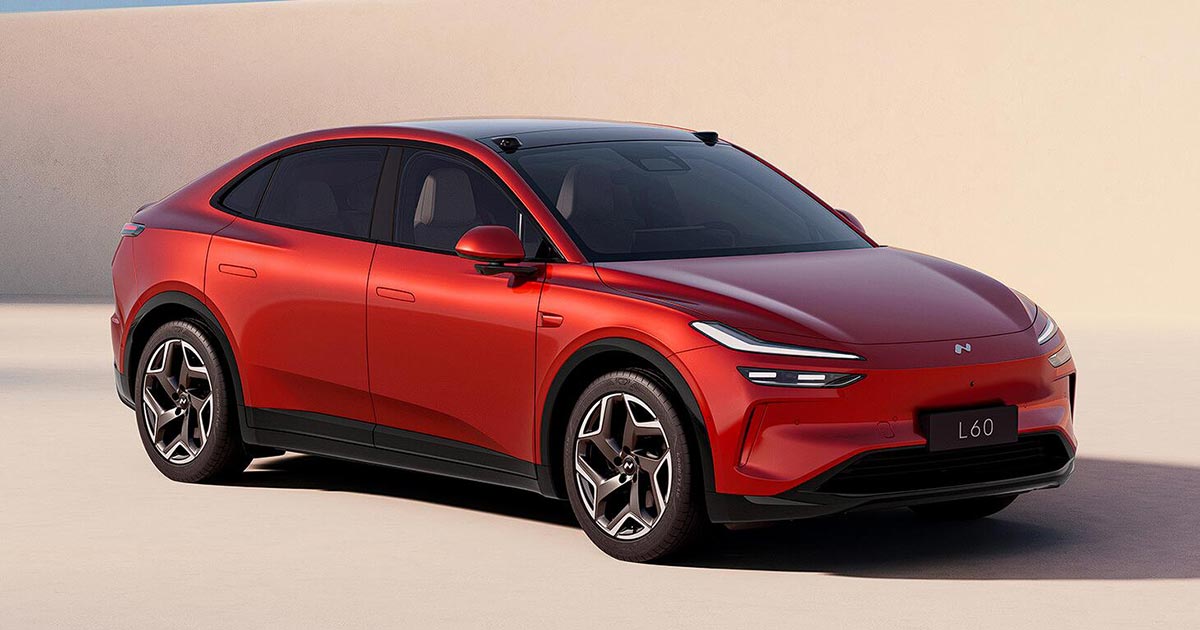Sales of new fully electric and hybrid vehicles in Brazil are projected to surpass those of combustion engine vehicles by 2030, according to a study released by the National Association of Automotive Vehicle Manufacturers (Anfavea) on Friday.
This analysis positions Brazil as a key player in the global automotive market, being the world’s eighth-largest car producer and the sixth-largest domestic market by sales, based on 2022 data collected locally and by the International Organization of Motor Vehicle Manufacturers.
The study, commissioned from the Boston Consulting Group, forecasts a significant transformation in the Brazilian automotive landscape, predicting that sales of fully electric and hybrid cars could dominate the domestic market, reaching over 90% by 2040. This is a notable increase from the current figure of just 7%.
Chinese automakers, particularly BYD and GWM, are emerging as major competitors in Brazil’s electrified vehicle market, currently importing electric cars for local sale.
Both companies have already announced plans to begin manufacturing in Brazil, signaling their commitment to expanding their presence in the region.
In contrast, traditional U.S. and European automakers have lagged behind their Chinese counterparts in the local electric vehicle market.
However, companies like General Motors and Stellantis are actively working to regain ground, with plans to introduce hybrid-flex vehicles in Brazil. These vehicles can operate on a combination of 100% ethanol or gasoline and batteries, highlighting the industry’s adaptation to Brazil’s unique fuel landscape.

